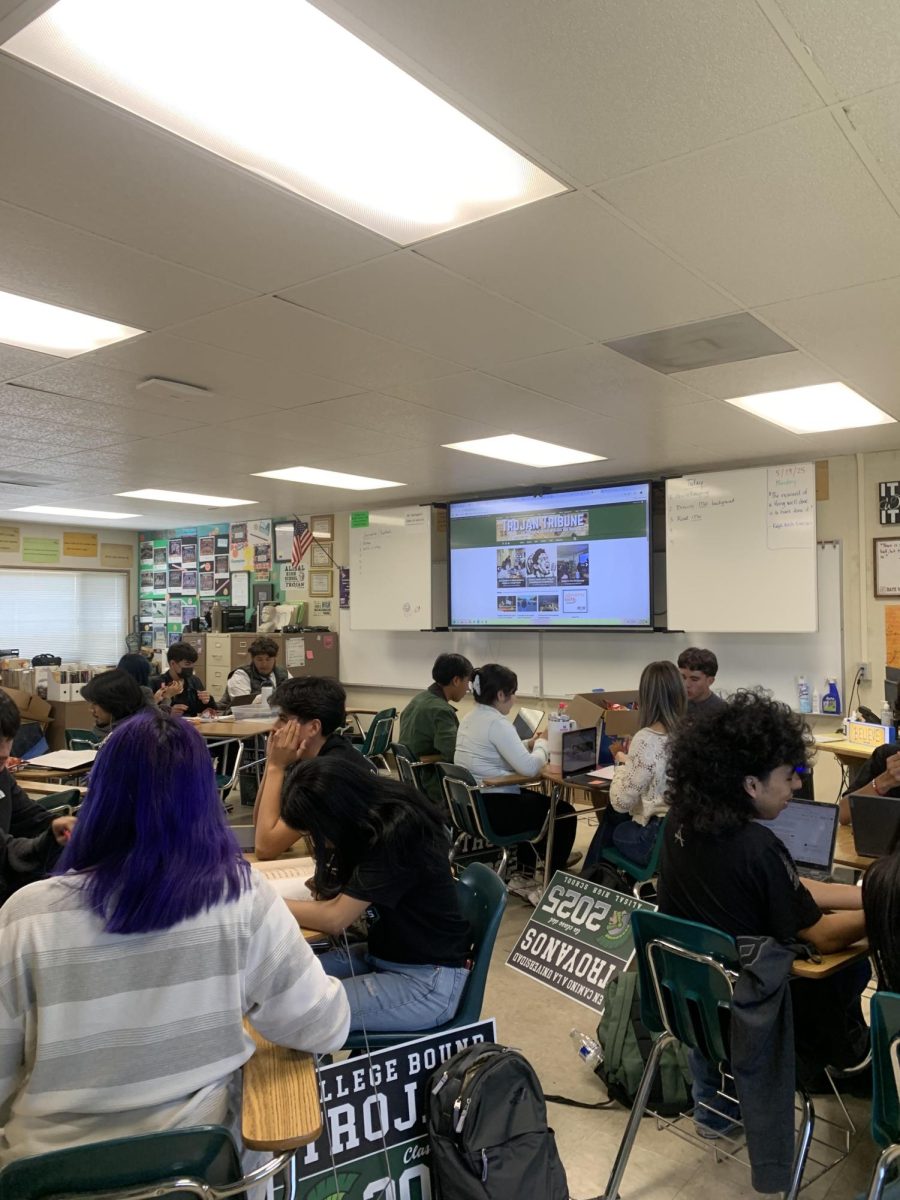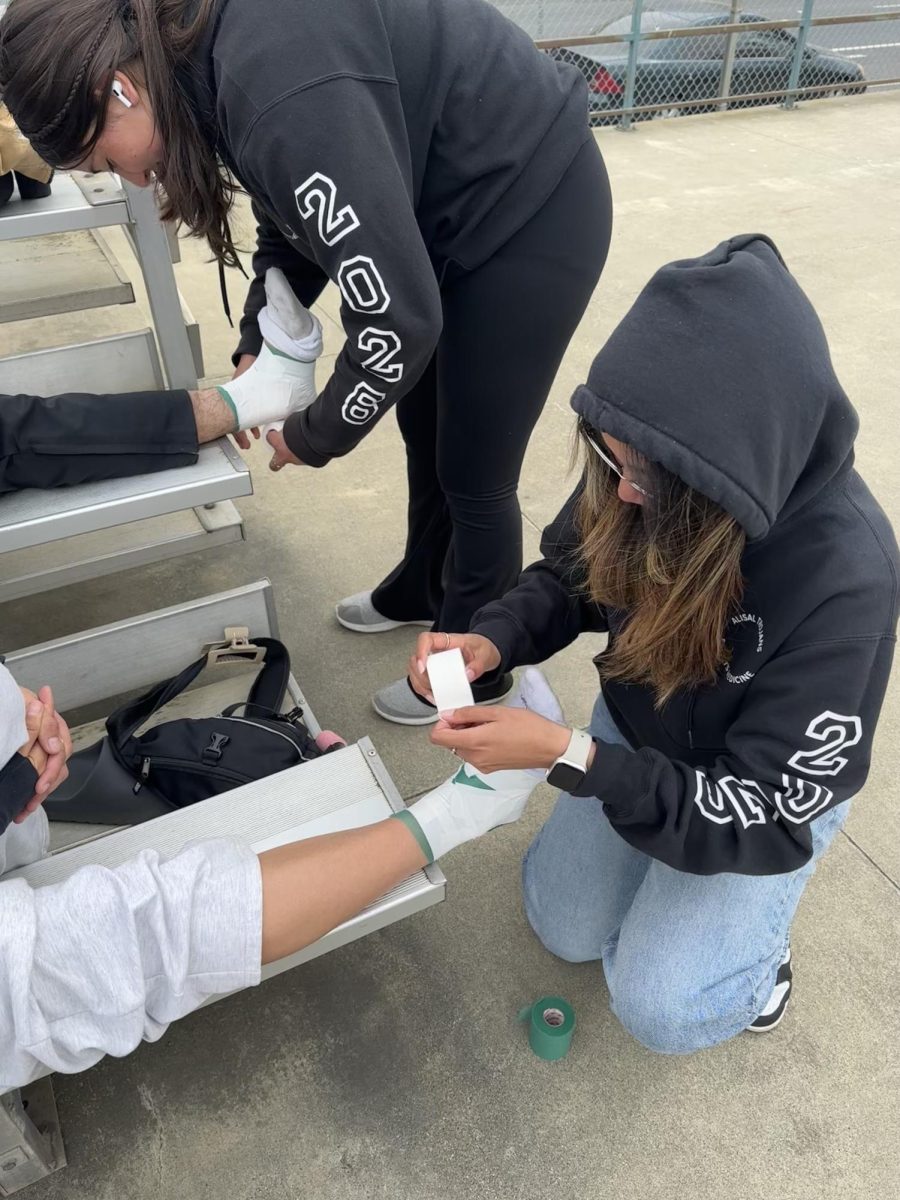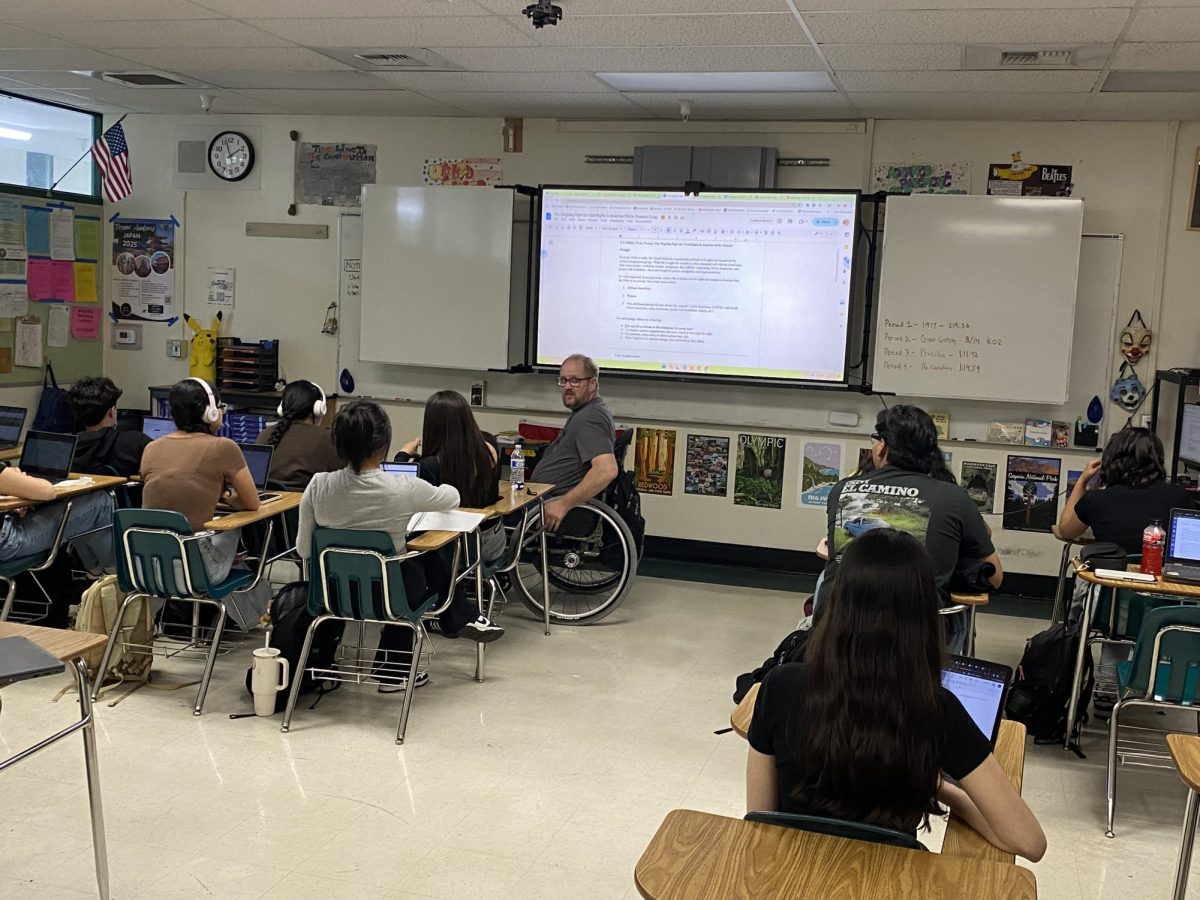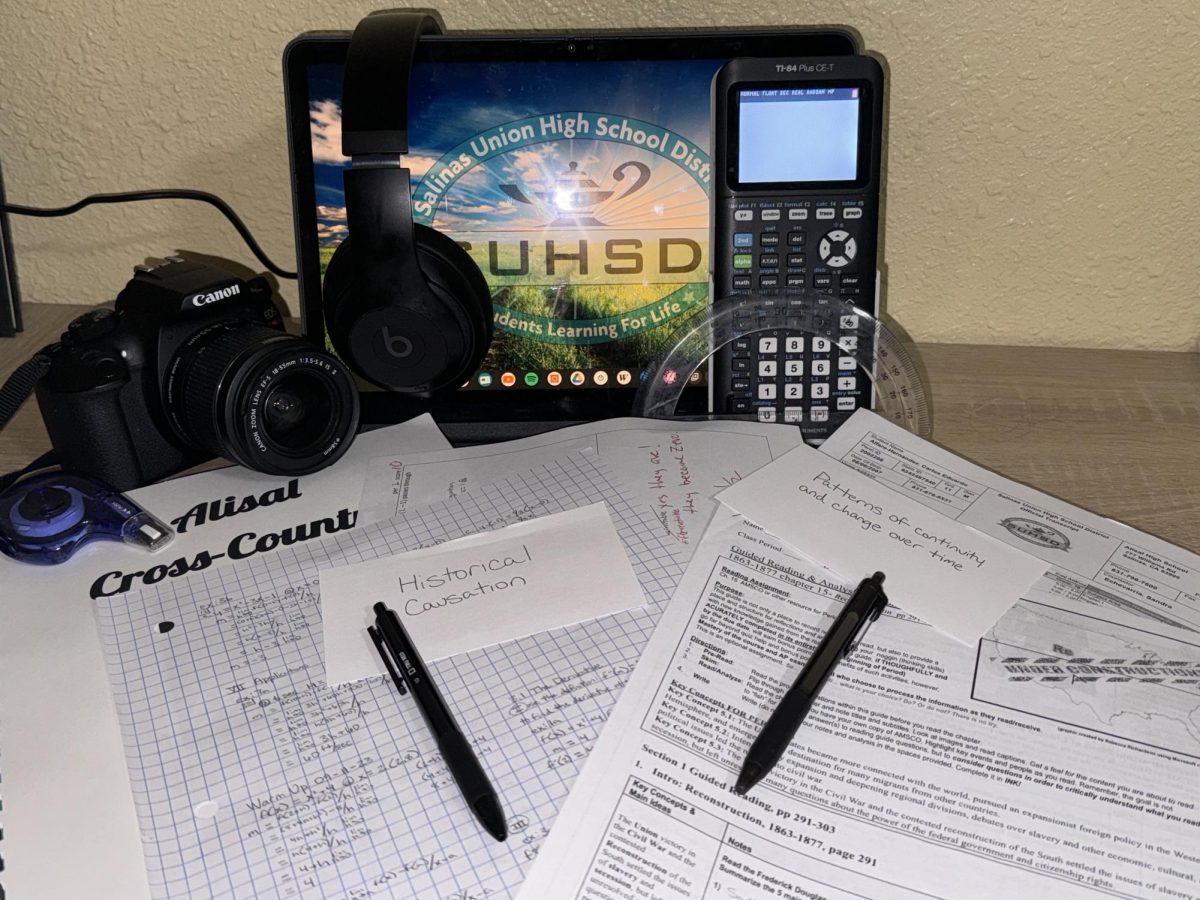Students believe that a good academic performance is the only way to success. They listen to parents, teachers, and counselors say, “Take as many APs and honors as you can. Push yourself to take the challenging courses at school. You want to have the best looking courses on your transcript, right?” What they don’t factor in is the toll it can take.
Society tends to compare academic success to the amount of intelligence and potential within the student. This expectation gradually builds up throughout elementary, middle and high school, whether it be from families, teachers, or society itself. It certainly grew on me. Often it can result in negative outcomes rather than positive ones when it starts seriously impacting grades.
My entire life I’ve been told that going above and beyond in school leads to getting into the most prestigious or higher ranked colleges and universities along with later opportunities career-wise. Tied to that idea was that working hard right now will build into the habit of future work-ethic in jobs. While this belief isn’t all that false, I now know that falling back in small quantities is key to learning, but my perfectionist self would have an all-or-nothing mindset put on.
It’s something that built up all the way until now, when I actually experienced it, but I didn’t take it very lightly.
If I could describe my first semester of junior year, I’d say it wasn’t extremely challenging, but it was very much demanding to keep up with everything to the point where I barely had time to just relax. I’d taken the advice of joining lots of AP and honors classes not knowing what to expect from the course load of work or the teachers themselves.
I thought I would be capable enough of keeping up with everything if I just multitasked and juggled between my tasks. To give some context, on top of already having a lot of homework from classes, I had to do other extracurricular activities outside of school. For example, I had to get pictures and report for the yearbook/journalism class, go to practice for cross country, help with link crew activities, go to meetings and fundraise for Dream Academy, and attend catechism as part of my family commitment.
It may not seem like a lot, but when it’s put into perspective, it’s overwhelmingly hectic. Sooner rather than later, it impacted me more negatively with how I went about my day at school and during sports practices.
My daily schedule would mostly be the same everyday. I felt like a robot going about my day. I’d wake up at 6 am to do work before getting ready to go to school. After school, I’d go to tutorials and try to finish as much as I could before going to practice. I’d go to cross country practice and try to cut it short as much as I could while still maintaining my mileage because I had to go home to do my school work. I’d finish around 12 with a few breaks here and there, but everyone in my family would be asleep by then, and I’d still be up and rushing on assignments I barely understood so I could go to sleep and wake up to the same routine.
When it came to being absent, whether I was sick or burnt out, I found it easier to just go to school rather than spend long hours going through the struggle of having to understand new concepts missed from class. Especially with math because the solution process was so complex that it’d take the entire class period just to explain it.
This school year, I tried to not miss class, but sometimes I felt like I needed a break. Though, to get caught up with the work I generally missed, it took me doing the current batch of work already assigned, while also learning from and working on the missing assignments that needed to be turned in.
Just before spring break, I missed three consecutive school days for my Dream Academy trip to Italy. Finally some time to myself, right? I thought so too. To fully enjoy my time, I decided not to check my StudentVUE until I got back. When I finally did, I was taken aback by how much my grades had dropped. 3 of them went from A’s to D’s because of missed assignments and tests. Due to scheduling conflicts with teachers, I continuously had to delay the tests I had to make up. It took me about a month to reach a point where I was satisfied enough with what was considered passing.
Not that I regret going on the trip, but part of me felt that this wouldn’t have happened if I just hadn’t gone. Rather than fully taking advantage of the moment, the Google Classroom reminders from my email distracted me to think about the work I had to do once I got back, further taking some joy out of the occasion.
I started to understand that my grades won’t always be perfect and they don’t reflect on what kind of student I am in real life. Yes, I began with the goal of having a straight A record on my transcript, but for what purpose? But did I actually think that getting anything lower than an A would make me any less of a person academically? Will people not think of me as smart anymore? Questions like these made me realize that it was not healthy for me, which is why I had to get away from that mindset.
The turning point came with an article in my English class. I read an article about perfectionism, and it caught my attention because I felt like I was reflecting on my personal characteristics that were also common among people around the country. It didn’t surprise me that I was a perfectionist, though, I didn’t realize how bad the downsides actually were. This brought about a shift in my thinking and I decided that I didn’t need to be perfect, I just needed to be “enough.”.
While not everyone would agree with what I’m trying to point out here, I’m basing this off what I’ve learned from my experience as I am the one who’s been through it.
I have come to believe that students shouldn’t worry a great deal about grades so much because they aren’t always directly tied to success. The fear of failure is ongoing for lots of students in school. Oftentimes we don’t see that GPA isn’t everything, forgetting that we are more than just letters. Depending on the selectivity of the school, higher institutions usually want to see our image for who we are as individuals and not for someone we aren’t. I’m not discouraging the idea that students should stop trying all the way because it’s really not like that.
Obviously, grades do matter. However, it’s important that we, as students, set realistic goals that demonstrate to what extent we can really push ourselves. It’ll help us to prioritize our efforts and resources more effectively, ensuring that we focus on attainable targets rather than setting ourselves up for disappointment. Not only would this result in a healthy balance in our academic pursuits, but it will allow us to have the self-confidence and motivation to make progress toward an experience of fulfillment for ourselves and our well-being.






















